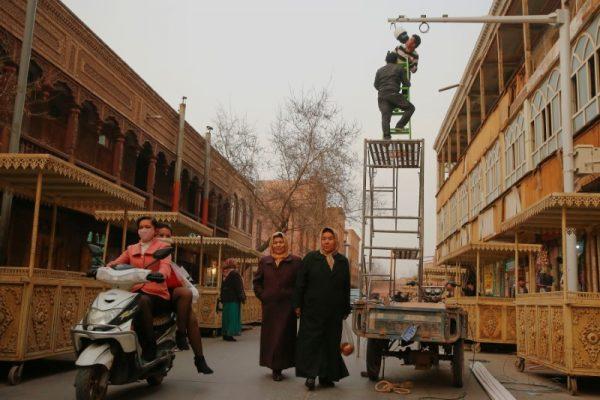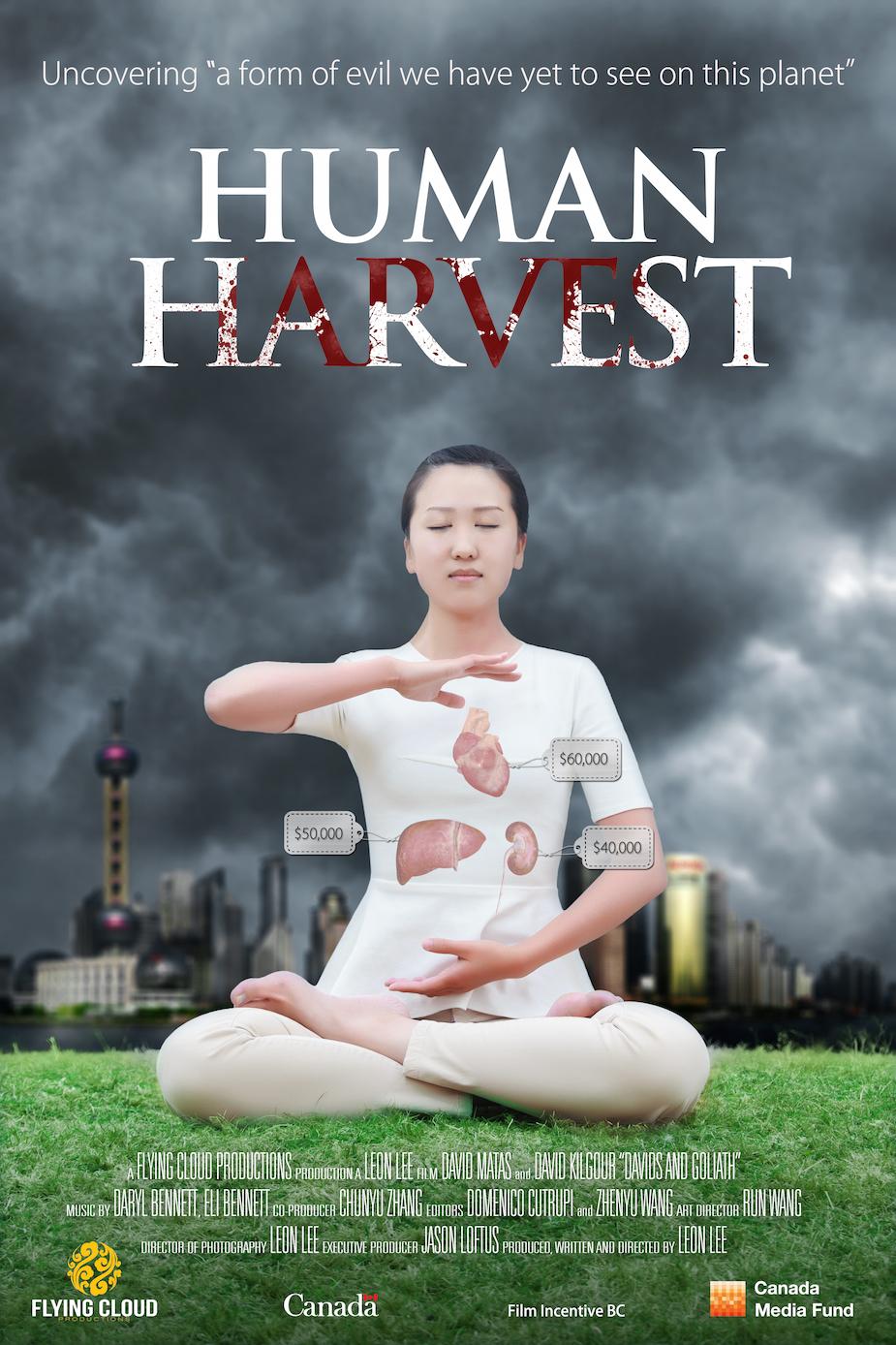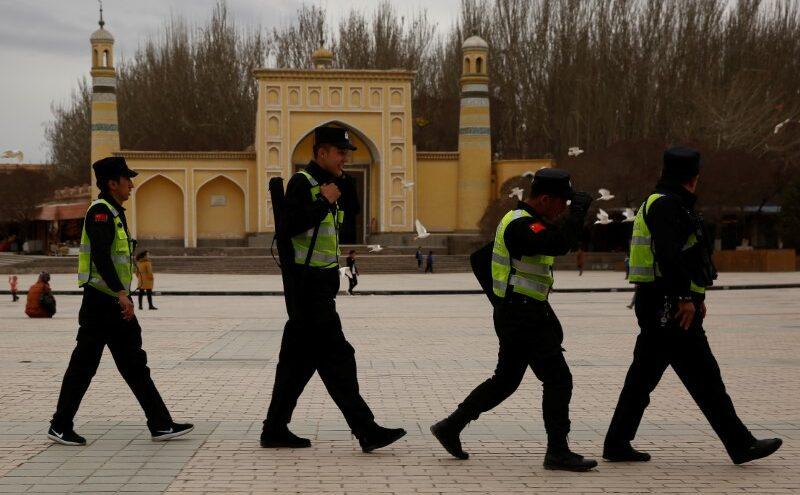GENEVA—A U.N. human rights panel said on Friday that it had received many credible reports that 1 million ethnic Uighurs in China are held in what resembles a “massive internment camp that is shrouded in secrecy.”
Gay McDougall, a member of the U.N. Committee on the Elimination of Racial Discrimination, cited estimates that 2 million Uighurs and Muslim minorities were forced into “political camps for indoctrination” in the western Xinjiang autonomous region.
“We are deeply concerned at the many numerous and credible reports that we have received that in the name of combating religious extremism and maintaining social stability the Chinese Regime has changed the Uighur autonomous region into something that resembles a massive internship camp that is shrouded in secrecy, a sort of ‘no rights zone,’” she told the start of a two-day regular review of China’s record, including Hong Kong and Macao.
China says Xinjiang faces a serious threat from radical Islamic terrorists and separatists who plot attacks and stir up tensions between the mostly Muslim Uighur minority who call the region home and the ethnic Han Chinese majority.
A Chinese delegation of some 50 officials made no comment on her remarks at the Geneva session that continues on Monday.

The allegations came from multiple sources, including activist group Chinese Human Rights Defenders, which said in a report last month that 21 percent of all arrests recorded in China in 2017 were in Xinjiang.
Earlier, Yu Jianhua, China’s ambassador to the United Nations in Geneva, said it was working towards equality and solidarity among all ethnic groups.
More than 100 Uighur students who returned to China from countries including Egypt and Turkey had been detained, with some dying in custody, she said.
Fatima-Binta Dah, a panel member, referred to “arbitrary and mass detention of almost 1 million Uighurs” and asked the Chinese delegation:
“What is the level of religious freedom available now to Uighurs in China, what legal protection exists for them to practice their religion?”
“The U.N. body maintained its integrity, the government got a very clear message,” Golok Jigme, a Tibetan monk and former prisoner living in exile, told Reuters at the meeting.






